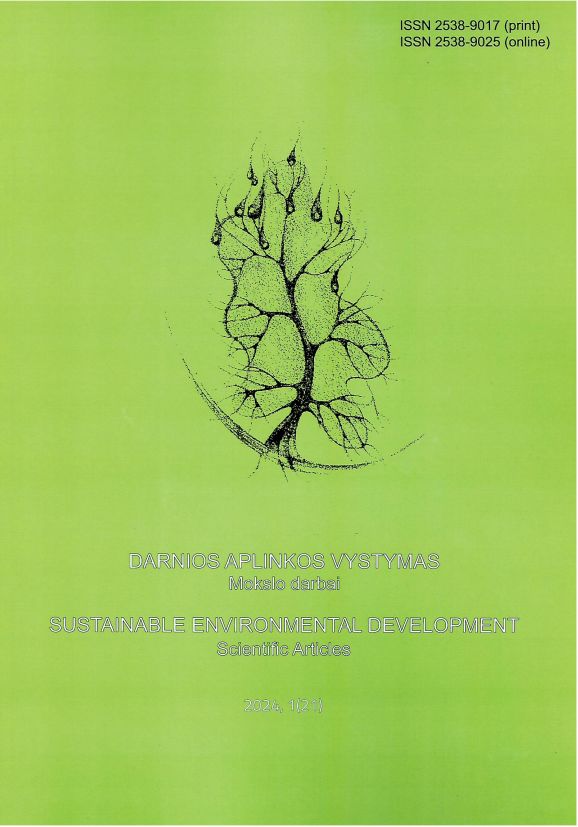Gliukozinolatai ir jų metabolitai kryžmažiedėse daržovėse: biologinis aktyvumas ir nauda sveikatai
DOI:
https://doi.org/10.52320/dav.v21i1.322Reikšminiai žodžiai:
gliukozinolatai, izotiocianatai, mirozinazė, sulforafanasSantrauka
Straipsnio tikslas – apžvelgti mokslinę literatūrą apie gliukozinolatus ir jų metabolitus, jų naudą sveikatai bei ligų prevencijai. Straipsnyje analizuojama kryžmažiedėse daržovėse esančių veikliųjų medžiagų gliukozinolatų bei jų metabolitų – sulforafano ir kitų izotiacianatų – nauda žmogaus organizmui, jų veiksmingumas įvairiomis sąlygomis, biologinio aktyvumo išsaugojimas įvairiais būdais apdorojant kryžmažiedes daržoves bei galimybės šiomis medžiagomis papildyti maisto racioną.
Straipsnyje pristatomos gliukozinolatų, kaip funkcionaliųjų priedų, panaudojimo galimybės norint padidinti maisto produktų antioksidacinį potencialą, taip pat siekiant užkirsti kelią bakteriniam ir grybiniam maisto produktų gedimui.
Atsisiuntimai
Publikuota
Numeris
Skyrius
Licencija
Autorių teisės (c) 2024 Vijolė Bradauskienė, Sigutė Ežerskienė, Reda Tamelienė

Šis darbas licencijuotas pagal Creative Commons Attribution 4.0 tarptautinę licenciją.

Atskiri straipsniai yra skelbiami „Open Access“ pagal „Creative Commons“ licenciją CC-BY 4.0, leidžiančią neribotai naudoti, platinti ir atgaminti betkokioje laikmenoje, su sąlyga, kad nurodytas originalus autorius ir šaltinis. Autoriai išlaiko autorių teises į savo straipsnius, tačiau suteikia Klaipėdos valstybinei kolegijai pirmojo leidinio teisę.

